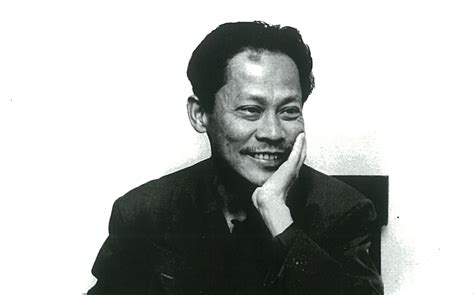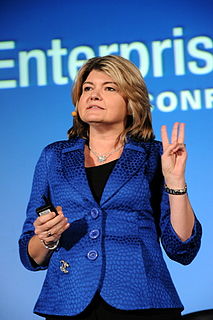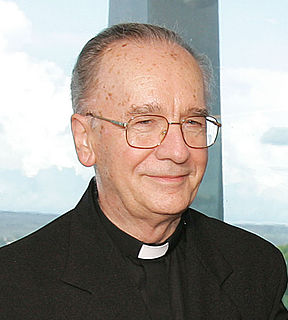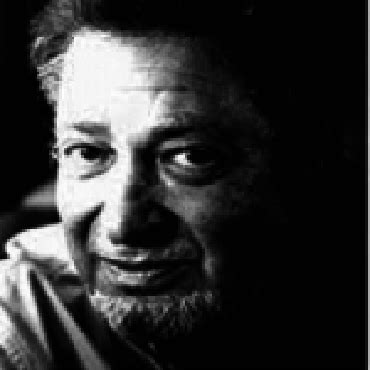A Quote by Zygmunt Bauman
For one to be free there must be at least two. Freedom signifies a social relation, an asymmetry of social conditions: essentially it implies social difference--it presumes and implies the presence of social division. Some can be free only in so far as there is a form of dependence they can aspire to escape.
Related Quotes
The industrial and social injustice of our era is the tragic aftermath of democracy's overemphasis on freedom as the "right to do whatever you please." No, freedom means the right to do what you ought, and ought implies law, and law implies justice, and justice implies God. So too in war, a nation that fights for freedom divorced from justice has no right to war, because it does not know why it wants to be free, or why it wants anyone else to be free.
Satyagraha means insistence on what one knows to be the truth. The insistence implies the exercise of free will as the need of social obligation. If one is content to know the truth himself, he does not become a votary of Satyagraha. A Satyagrahi should not only know the truth but should insist upon it in social relations. So Satyagraha is activation of truthfulness.
My Third-World roots remind me that the vast majority of our fellow human beings live hungry, sick, and uneducated, and that most social scientists, even in that world, ignore that ugly reality. This is why my papers in mathematical sociology deal not with free choice among 30 flavors of ice-cream, but with social structure, social cohesion, and social marginality.
Constitutional rights are useful up to a point, but they do not serve to guarantee much more than what could be called the bourgeois conception of freedom. According to the bourgeois conception, a "free" man is essentially an element of a social machine and has only a certain set of prescribed and delimited freedoms; freedoms that are designed to serve the needs of the social machine more than those of the individual.
Now culture being a social product, I firmly believe that any work of art should have a social function to beautify, to glorify, to dignify man... Since any social system is forced to change to another by concrete economic forces, its art changes also to be recharged, reshaped, and revitalized by the new conditions... The making of a genuine artist or writer is not mysterious. It is not
the work of Divine Providence. Social conditions, history, and the people's struggle are the factors behind it.
Human envy is certainly not one of the sources of discontent that a free society can eliminate. It is probably one of the essential conditions for the preservation of such a society that we do not countenance envy, not sanction its demands by camouflaging it as social justice, but treat it, in the words of John Stuart Mill, as 'the most anti-social and evil of all passions.'
The insistence on truthfulness does not disturb the freedom of the individual. The social obligation implied in Satyagraha turns the freedom of the individual into moral freedom. An atheist is free to say or to do what he likes, provided he does what he says and says what he does. So, in the context of social relations, the freedom of the individual is moral freedom.
Reductionist ideology not only hinders biologists from thinking adequately about the phenomena we wish to understand: it has two important social consequences: it serves to relocate social problems to the individual rather than exploring the societal roots and determinants of a phenomenon; and second, it diverts attention and funding from the social to the molecular.




































